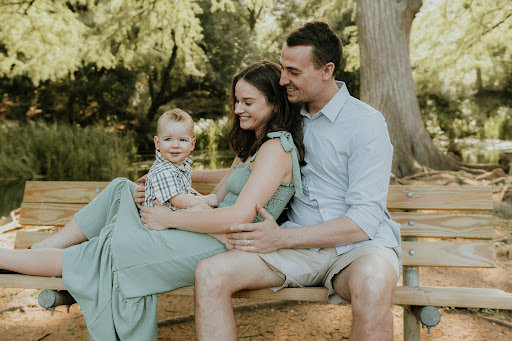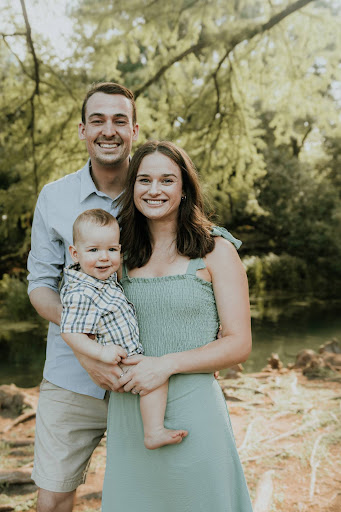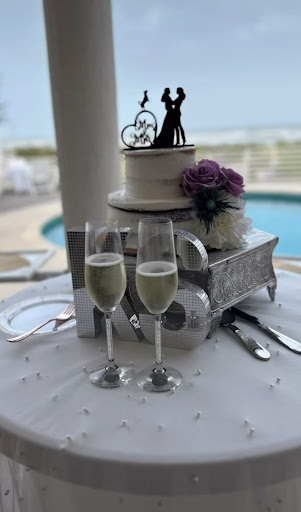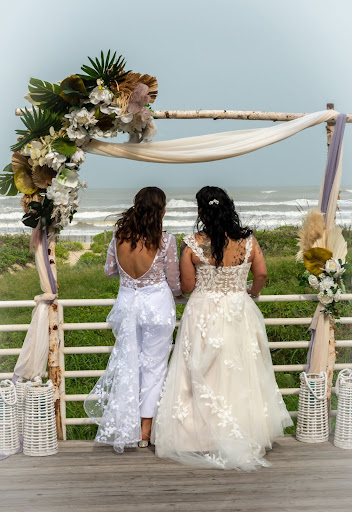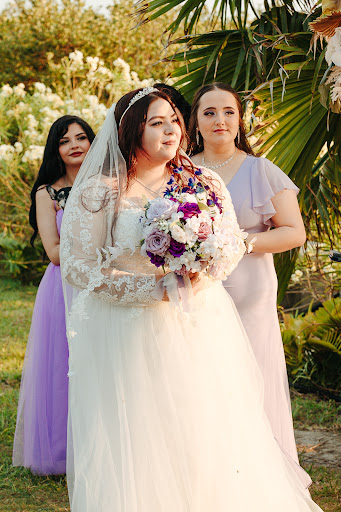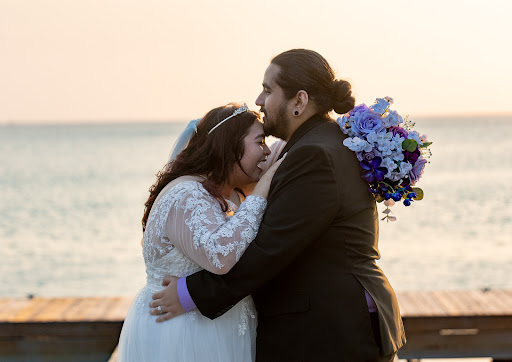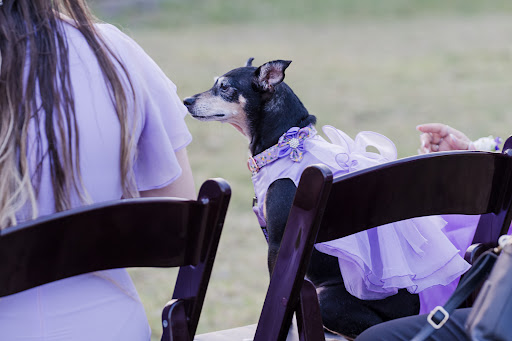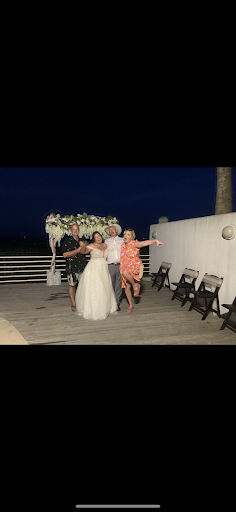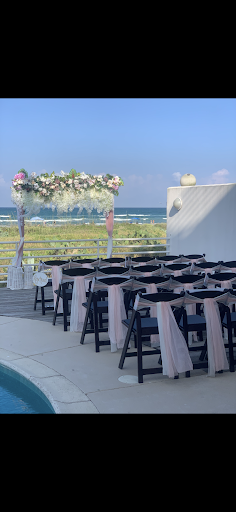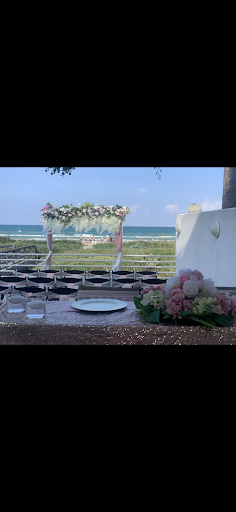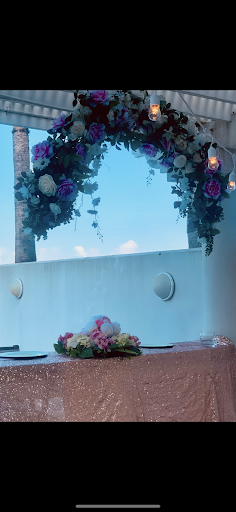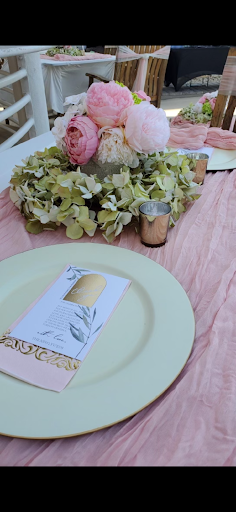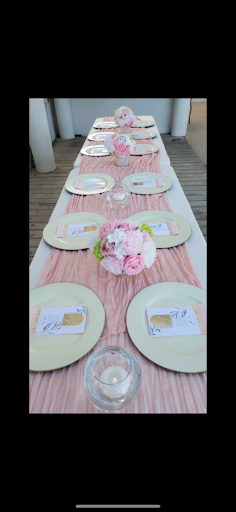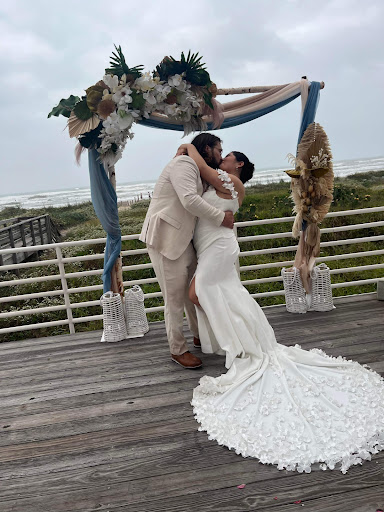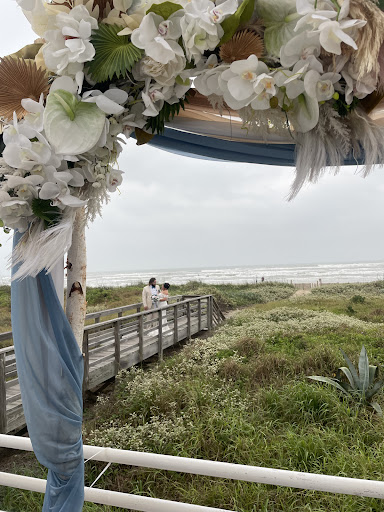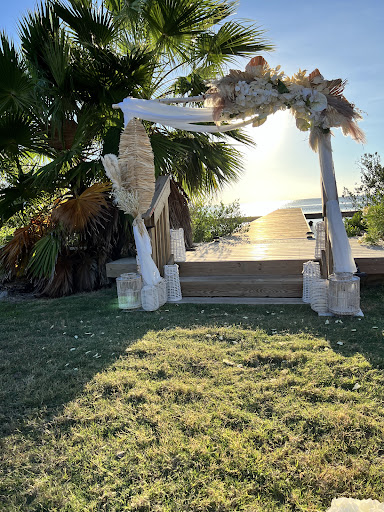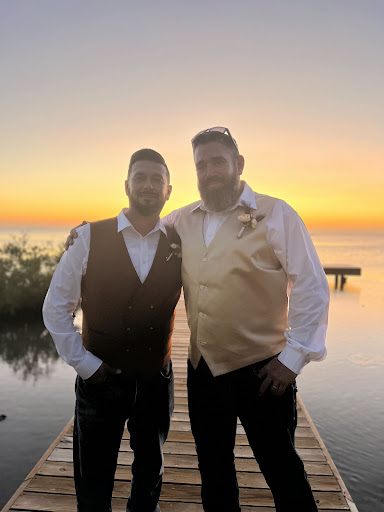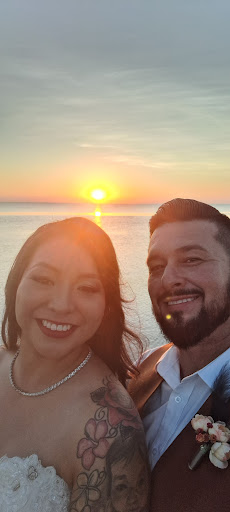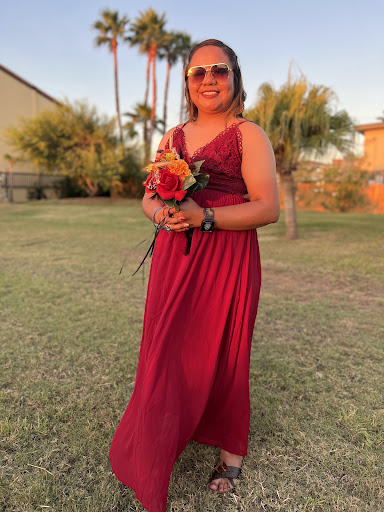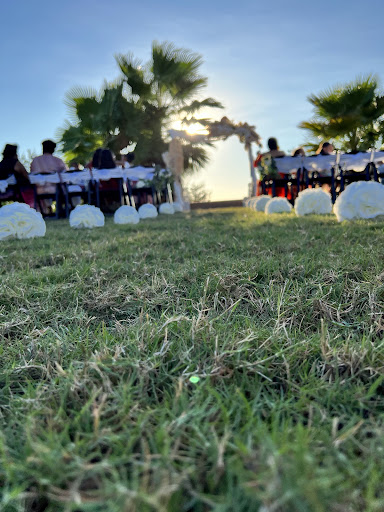Many decisions and preparations go into planning a wedding, and knowing what vitals are needed can help streamline the process. From selecting the perfect venue to choosing the right vendors, planning a wedding requires attention to detail and organization. Some of the key things you will need for a wedding include a budget, a guest list, a date and venue, a wedding dress and attire, invitations, decorations, food and drinks, entertainment, and a photographer to capture the special moments. Remember to prioritize what is most important to you and your partner and make decisions that reflect your unique style and preferences. With careful planning and attention to detail, you can create a memorable and magical wedding day that you will cherish for a lifetime.
Key Takeaways:
- Planning: A wedding requires careful planning and organization to ensure everything goes smoothly on the big day.
- Budget: Setting a budget is vital for a wedding to determine how much you can afford to spend on various elements such as venue, catering, attire, and decorations.
- Essential Items: Some key items needed for a wedding include a venue, officiant, marriage license, rings, attire, invitations, decorations, and catering.
- Guest List: Creating a guest list is important to determine the number of people attending the wedding and to send out invitations accordingly.
- Timeline: Establishing a timeline for the wedding day and planning events such as the ceremony, reception, and any other activities is crucial for a successful event.
Setting Your Wedding Date and Budget
Choosing the Perfect Date
There’s no doubt that choosing the perfect date for your wedding is a crucial decision. Consider factors such as the season, availability of your preferred venue, and significance of the date to you and your partner. Make sure to also take into account any important family events or holidays that may clash with your chosen date.
Creating a Realistic Budget
Setting a realistic budget for your wedding is crucial to avoid financial stress and overspending. Start by determining how much you can afford to spend, considering contributions from both you and your partner along with any financial help from family. Keep in mind that the average cost of a wedding in the US is around $28,000, but this can vary greatly depending on location and specific preferences.
The Essential Wedding Party
Selecting Your Wedding Party Members
To create an unforgettable wedding day, it’s crucial to carefully choose the members of your wedding party. Consider those who have been a significant part of your life and who will support you throughout the planning process and on the big day. Surround yourself with individuals who bring positivity, joy, and support to your celebration.
Defining Roles and Responsibilities
To ensure a smooth and stress-free wedding day, it’s important to clearly define the roles and responsibilities of each member of your wedding party. Assign tasks such as coordinating vendors, managing the guest list, and assisting with preparations to specific individuals. This will help streamline the planning process and alleviate some of the pressure on the bride and groom.
This approach not only ensures that everything runs smoothly on the wedding day, but also allows each member of the wedding party to feel valued and involved in the celebration. Effective communication and delegation are key to a successful wedding party. By clearly outlining roles and responsibilities, you can ensure that everyone is on the same page and working towards the shared goal of creating a beautiful and memorable wedding day.
Venues and Vendors
Finding the Perfect Venue
All unforgettable weddings begin with the perfect venue. With the average cost of a wedding venue in the United States ranging from $5,000 to $15,000, couples are advised to allocate around 40% of their budget to this imperative aspect of the celebration. When choosing a venue, consider the number of guests, the style of the wedding, and the location. Popular choices include outdoor spaces, historic buildings, and modern event spaces.
Working with Caterers, Florists, and Other Vendors
On the big day, having a reliable team of vendors is crucial. Caterers, florists, photographers, and musicians all play a significant role in creating a memorable event. With the average cost of catering for a wedding in the US reaching $70 per person, and the median price for a florist at $2,000, careful planning and budgeting is key. Establish clear communication with vendors, confirm details in writing, and set realistic expectations to ensure a smooth collaboration.
Another important aspect of working with vendors is understanding their contract terms and policies. It is recommended to thoroughly review contracts before signing, paying attention to cancellation policies, payment schedules, and any hidden fees. By asking questions and clarifying doubts upfront, couples can avoid misunderstandings and ensure that their special day runs smoothly.
Wedding Attire and Beauty
Choosing the Wedding Dress and Groom’s Attire
Not only is the wedding dress a focal point of the bride’s look, but the groom’s attire also plays a significant role. Choosing the perfect wedding dress and groom’s suit involves considering the wedding theme, venue, and personal style. It’s crucial to start shopping early to allow for alterations and ensure a perfect fit.
Coordinating Bridesmaids’ and Groomsmen’s Outfits
Beauty Coordinating the outfits of the bridesmaids and groomsmen creates a cohesive and stylish bridal party look. From matching colors to complementing styles, coordination adds an elegant touch to the wedding ensemble. Consider accessories such as ties, shoes, and jewelry to tie everything together seamlessly.
Coordinating the outfits of the bridesmaids and groomsmen is not just about choosing matching dresses and suits. This also involves ensuring that the color scheme, fabrics, and overall aesthetic align with the wedding theme. Uniformity in attire can create stunning visual harmony in wedding photos and enhance the overall ambiance of the celebration.
Hair, Makeup, and Pre-Wedding Pampering
For a flawless wedding day look, proper hair, makeup, and pre-wedding pampering are crucial. From scheduling hair and makeup trials to booking spa treatments, For it is crucial to plan ahead for the bridal party’s beauty needs. Allow plenty of time for getting ready on the big day to reduce stress and ensure everyone looks their best.
Invitations and Guest Management
Designing and Ordering Invitations
The invitations set the tone for your wedding celebration, so it’s important to choose a design that reflects your style and theme. Consider working with a professional stationery designer or using online tools to create custom invitations that incorporate your colors, motifs, and any special details about the event. Once you have finalized the design, order an appropriate quantity based on your guest list and budget.
Managing RSVPs and Guest Accommodations
The process of managing RSVPs can be a crucial task to ensure a smooth guest experience at your wedding. Create a system to track RSVPs, meal preferences, and any special accommodations needed by guests, such as dietary restrictions or hotel reservations. A clear communication plan for confirming attendance and providing important details will help keep everything organized.
Invitations: The invitations should include all pertinent details such as the date, time, and location of the wedding, RSVP information, and any additional events like rehearsals or brunches. Providing clear instructions for responding and deadlines for RSVPs can help ensure a timely and accurate guest count.
The Ceremony Essentials
Planning the Order of Ceremony
Despite the excitement of planning a wedding, it is important to carefully consider the order of the ceremony. This involves deciding on the sequence of events, such as the procession, exchange of vows, and the pronouncement of marriage.
Crafting Meaningful Vows
Essentials when crafting meaningful vows include personalization and authenticity. Couples should express their love, commitment, and promises to each other in a way that truly reflects their relationship. Meaningful vows can enhance the emotional impact of the ceremony and create lasting memories for the couple and their guests.
In order to craft meaningful vows, couples can draw inspiration from their own experiences, favorite poems, songs, or religious texts. It is important to communicate openly with each other about the promises and sentiments that are significant to both parties.
Selecting Music and Readings
Order selecting music and readings carefully is important in setting the tone for the ceremony. Music and readings can convey emotions and messages that reflect the couple’s personalities and relationship. Choosing the right music and readings can create a memorable and deeply personal experience for all in attendance.
When opting for music, consider the tone and mood desired, as well as the significance of the song lyrics. Readings can be excerpts from literature, poems, religious texts, or even personal writings that hold meaning for the couple.
The Reception Details
Organizing Seating Arrangements
Reception To ensure a smooth and enjoyable experience for your guests, it’s important to organize seating arrangements meticulously. Consider factors like relationships between guests, their preferences, and any seating preferences they may have indicated on their RSVP. Creating a detailed seating chart can help avoid any confusion or conflicts during the event.
Planning the Menu and Drinks
Seating Plus, Planning the menu and drinks is a crucial aspect of your wedding reception. Collaborate with your caterer to create a diverse menu that caters to different dietary preferences and restrictions. Additionally, curate a selection of signature cocktails and beverages to add a personalized touch to the celebration.
An Coordinating Entertainment and Photography
To ensure that your wedding reception is truly memorable, coordinate entertainment options like live music, DJ sets, or even interactive activities for guests. Additionally, hiring a professional photographer and videographer to capture the special moments of the day is vital. Ensure that they are experienced and capable of preserving your cherished memories for years to come.
Finalizing the Details
Rehearsal Dinner Plans
Dinner is an important part of the wedding festivities, and planning the rehearsal dinner is crucial. Consider hosting a relaxed and intimate dinner the night before the wedding to thank your bridal party and close family for their support. Choose a venue that complements the wedding theme and make reservations in advance to ensure a stress-free evening. Keep the guest list small to create a cozy atmosphere and pen down a heartfelt speech to express your gratitude.
Transportation for the Wedding Day
With transportation being a key factor in ensuring the smooth flow of events on your wedding day, it’s important to arrange reliable transportation options for you and your guests. Consider hiring a luxury limousine service or vintage cars to arrive in style. Make sure to coordinate the logistics, such as pick-up and drop-off times, with the transportation provider to avoid any delays. Having a designated driver can help alleviate any stress related to getting to and from the venue, allowing everyone to fully enjoy the celebration.
Finalizing the transportation details well in advance will give you peace of mind and ensure a seamless and memorable wedding day experience.
Wedding Favors and Welcome Bags
An important element of wedding planning includes creating thoughtful wedding favors and welcome bags for your guests. Choose personalized keepsakes or tasty treats that reflect your personalities as a couple. Consider including items like local goodies, mini champagne bottles, or customized trinkets that will leave a lasting impression. Don’t forget to add a thank-you note to express your appreciation for their presence on your special day.
Another great idea is to include a welcome bag with important items for out-of-town guests, such as maps, local recommendations, and a detailed itinerary for the wedding events.
Summing up
Taking this into account, a wedding requires meticulous planning and attention to detail to ensure a memorable and flawless event. Key importants include a venue, officiant, marriage license, attire, rings, invitations, decorations, flowers, catering, music, and a photographer. Additionally, considerations such as transportation, accommodations, and a timeline are crucial for a smooth execution. With careful preparation and organization, a wedding can be a magical celebration of love and commitment for the couple and their guests.
FAQ
Q: What do we need for a wedding?
A: When planning a wedding, you will need vitals such as a venue, officiant, marriage license, and rings. Other important elements include a guest list, invitations, decor, catering, and music.
Q: Do we need a wedding planner?
A: While not mandatory, a wedding planner can greatly reduce stress and help manage all the details. They can offer valuable expertise, vendor recommendations, and coordination on the big day.
Q: How do we choose a wedding venue?
A: Consider factors such as the size of your guest list, budget, location, and style preferences when choosing a wedding venue. Visit multiple venues, ask questions, and ensure it aligns with your vision.
Q: What should be included in a wedding budget?
A: A wedding budget should encompass expenses such as venue rental, catering, attire, decorations, entertainment, photography, and transportation. It’s vital to allocate funds wisely and prioritize key elements.
Q: How far in advance should we plan a wedding?
A: It’s recommended to start planning a wedding at least 12-18 months in advance to secure desired vendors, venues, and dates. However, smaller weddings or off-peak seasons may allow for a shorter planning timeline.
Download Our Ebook to a complete breakdown for your Wedding Planning! [purchase_link id=”12668″ text=”Download Our Wedding Planning Ebook” style=”button” color=”blue”]







